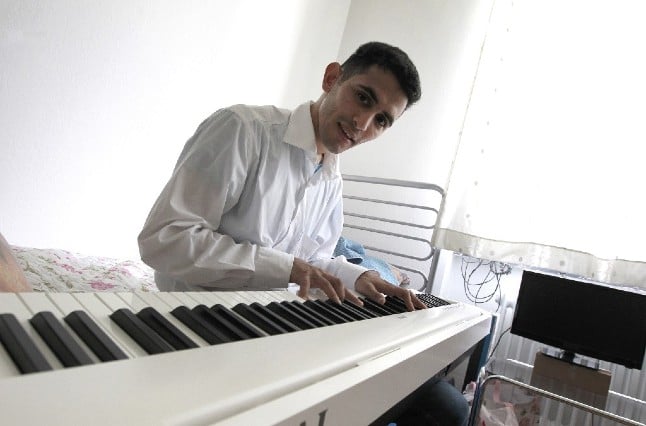The sale offered further encouragement for the eurozone's fourth-biggest economy, which last year resisted speculation that it would need a sovereign bailout to rescue its public finances.
Demand for 12- and six-month Spanish treasury bills was more than double the supply and investors bought more than the government's upper target of €5.5 billion euros ($7.2 billion), the central bank said in a statement.
The rate of return demanded by investors who bought €1.977 billion of six-month bills fell to 0.794 percent from 0.859 percent in the last comparable sale on February 12.
Investors also bought €3.855 billion worth of 12-month bills at a rate of 1.363 percent, down from 1.548 percent on February 12.
Financial markets had reacted nervously last week to an uncertain election result in Italy, amid lingering concerns for the stability of the eurozone, and a ratings downgrade by Fitch has since raised pressure slightly on borrowing costs for Italy, the third-biggest eurozone economy.
But Spanish confidence indicators have strengthened again in recent days.
The rate of return on its benchmark 10-year treasury bond in the secondary market has fallen below 5.0 percent for the first time since 2010.
Another key measure of confidence, the rate of return on Spain's 10-year bond compared with that of benchmark German Bunds, also eased after Tuesday's sale.
That measure, known as the risk premium, fell to 322 basis points from 324 on Monday evening — its lowest level in more than a year.




 Please whitelist us to continue reading.
Please whitelist us to continue reading.
Member comments